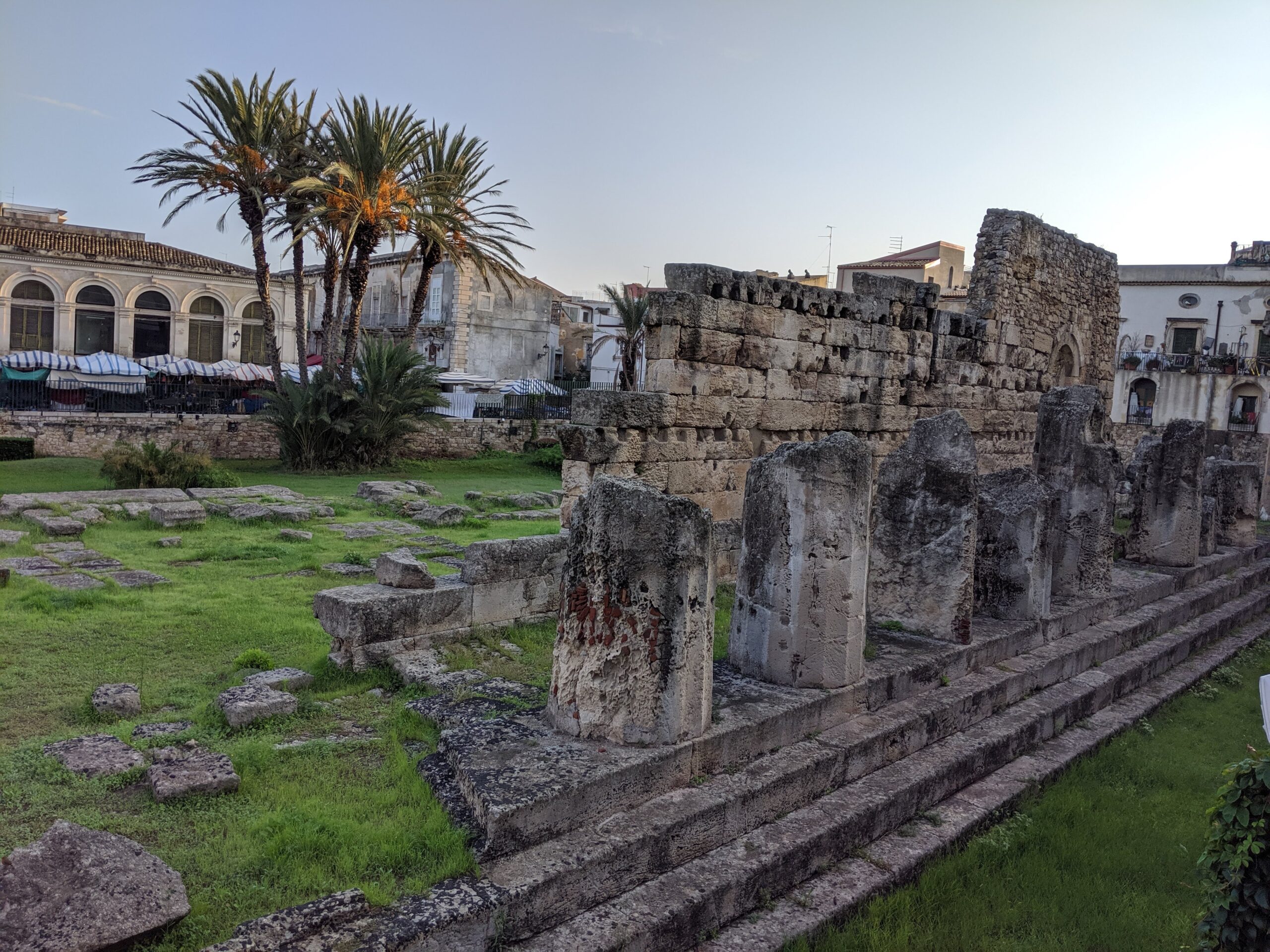02.03.22
After 67 years as a citizen of the US (I still am), and three years on the road and calling 25 countries “home,” we finally leapt into a new opportunity as Kathleen and I are officially “temporary residents” of Turkey for two years. That means we are not restricted to the normal 90 days visa limits, and we can come and go at will with no requirements of how long we need to stay here at all. The “ikamet,” which is what it is called, can be renewed annually, and if we do it for 5 to 8 years, we can become official citizens of Turkey. We can still retain our US citizenship, but being permanent gives us added benefits, including health care.
 Before we came to Turkey, we looked into this and pretty much knew we would do it. Of all the countries we’ve lived in, or thought about residency, this was the easiest by far. We did not have to supply income documentation, fingerprints, or security background, and it cost us a few hundred dollars. Aside from being able to stay longer, we are also able to bypass the “visa on arrival” regs we dealt with when we got here, plus we get discounts on museums and other cultural offerings. From beginning to end the process took us about one month: sweet.
Before we came to Turkey, we looked into this and pretty much knew we would do it. Of all the countries we’ve lived in, or thought about residency, this was the easiest by far. We did not have to supply income documentation, fingerprints, or security background, and it cost us a few hundred dollars. Aside from being able to stay longer, we are also able to bypass the “visa on arrival” regs we dealt with when we got here, plus we get discounts on museums and other cultural offerings. From beginning to end the process took us about one month: sweet.
For Americans, or citizens of other countries that wish to travel, a nomadic life may seem like an unrealistic dream. It was not even ON my radar most of my life, and the thought and desire to do it never crossed my mind until 2016 when I was invited to speak at three different events in Europe. For 19 days I was on my own and hit six different countries and all the while appreciated the way that Europeans lived; they did NOT live to work, they worked to live, and they did that very well. I’ll not rehash my entire history since it’s part of my Traveling the World Six Weeks at a Time story and encompasses two books, and the next volume is about 2/3 done. But one of the realities that Kat and I faced when we hit the road in February 2019 was the time restrictions that most countries have for visitors. Some are more onerous and strict that others, and some are more lenient. Some require a special visa either before you GET to their country, or upon arrival. But regardless, no country will just allow you to enter and stay.
That brings up the whole residency conversation, and since Kat and I loved Europe, they have their own deal there which is called the Schengen Visa, which encompasses 26 countries. The EU, or European Union, decided to make passport control more easy by grouping most, but not all, of Europe under one agreement. That agreement allows non-Schengen residents to stay for 90 days total within the entire region. It’s complicated and you can read my special report know the background and how it works, but in short, if you stay in France for 88 days, you can only stay for 2 more days in Spain. To restart the clock you must leave for 90 days.
You can probably see the problem here, right? If we dug Spain and wanted to stay for four months, we could not. If we stayed for two months and wanted to go to Portugal for two months, we couldn’t do that, either. There are two countries with unusually lenient visas for Americans, and they are Albania and Georgia, which both allow up to one-year visas. That is very inviting. Another good thing is that there are several non-Schengen zone countries that share borders with those in it, so you could literally drive across borders every 90 days if you choose. Many countries are not cool with that and are making it more difficult.
While in Mexico we had a six-month visa and considered residency there, but we couldn’t see ourselves living there full-time, so decided against it. But NOW, in Turkey, we could easily see ourselves here for years, and with our close proximity to so many different options, we can have our cake and eat it too.
That’s the long and short of the residency conversation and we feel very lucky that we added another country to our options list. If you’re interested in learning more, get a hold of us via TravelYounger.com.



